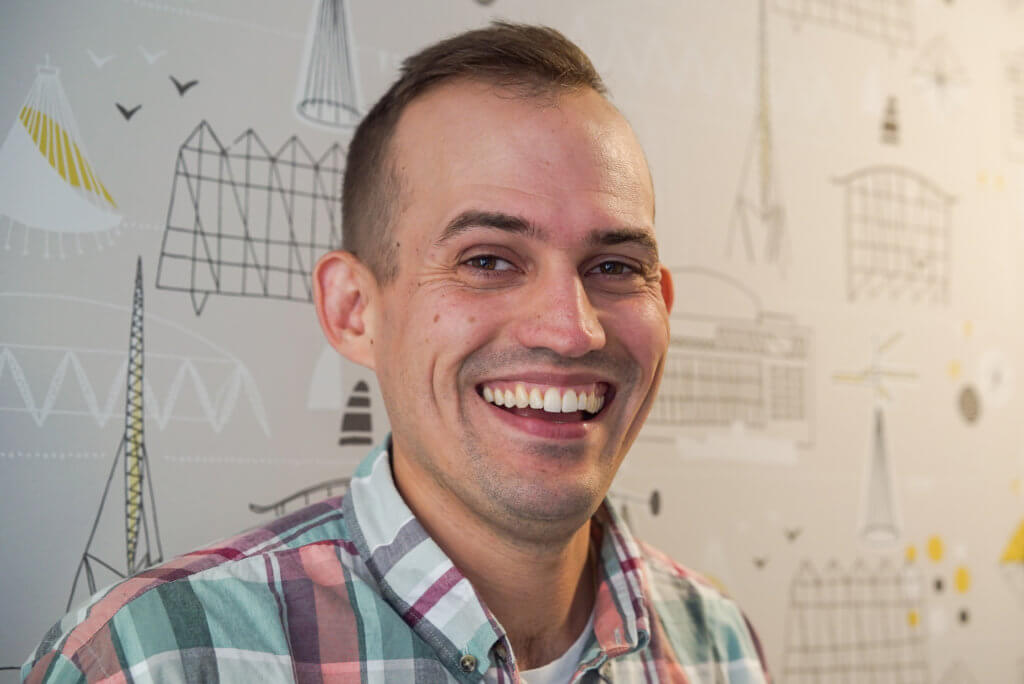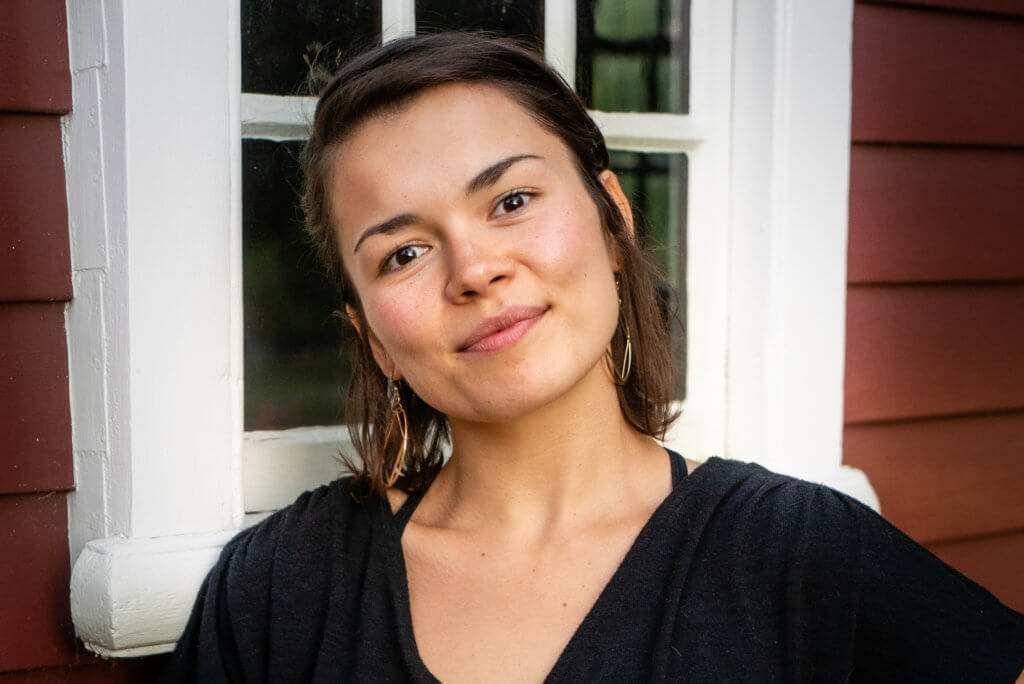Episode
Highlights
MEETING KAI
I first meet Kai On at a place called Literacy Volunteers in Westerly, Rhode Island. He and his wife Yau Mui are here for English classes, and I’m looking for people who want to record lines for the montage you hear at the beginning of all our episodes.

Kai On with English language tutors at Literacy Volunteers of Washington County in Westerly | Photo: Alex Nunes
EIGHT YEARS IN WESTERLY
Kai On and his wife moved to Westerly eight years ago from Hong Kong. They wanted to be closer to their daughter and grandkids. Kai On is 67. In Hong Kong, he worked as a janitor for the housing department. In America, he has a job a few days a week at a local grocery store. When he’s not working, he likes to be here, fishing.

Kai On fishing | Photo: Alex Nunes
LOVING EACH OTHER
“It’s not about me, me, me. It’s about world peace. It’s very important. So this is very important that we have to love each other. It doesn’t matter what color you are. It doesn’t matter where you come from or whether you’re poor or rich.”
—TERESA

Kai On in the garden | Photo: Alex Nunes
SHARING WITH EVERYONE
“He says that although his English is not that good, but he really appreciate that he landed in America, and the people in America are very friendly, and it’s very important for him at this age to do good things for other people, for his family and for society.”
—KAI ON, TRANSLATED BY TERESA
EXPERIENCE
I tell my son it’s the experience that counts. When you’ve had a good time with good people, it doesn’t really make a difference if you catch or fish, or not.

Co-host Alex Nunes and Kai On fishing at Watch Hill Point in Westerly | Photo: Kai On

Kai On hosts a party at his home in Westerly | Photo: Alex Nunes


